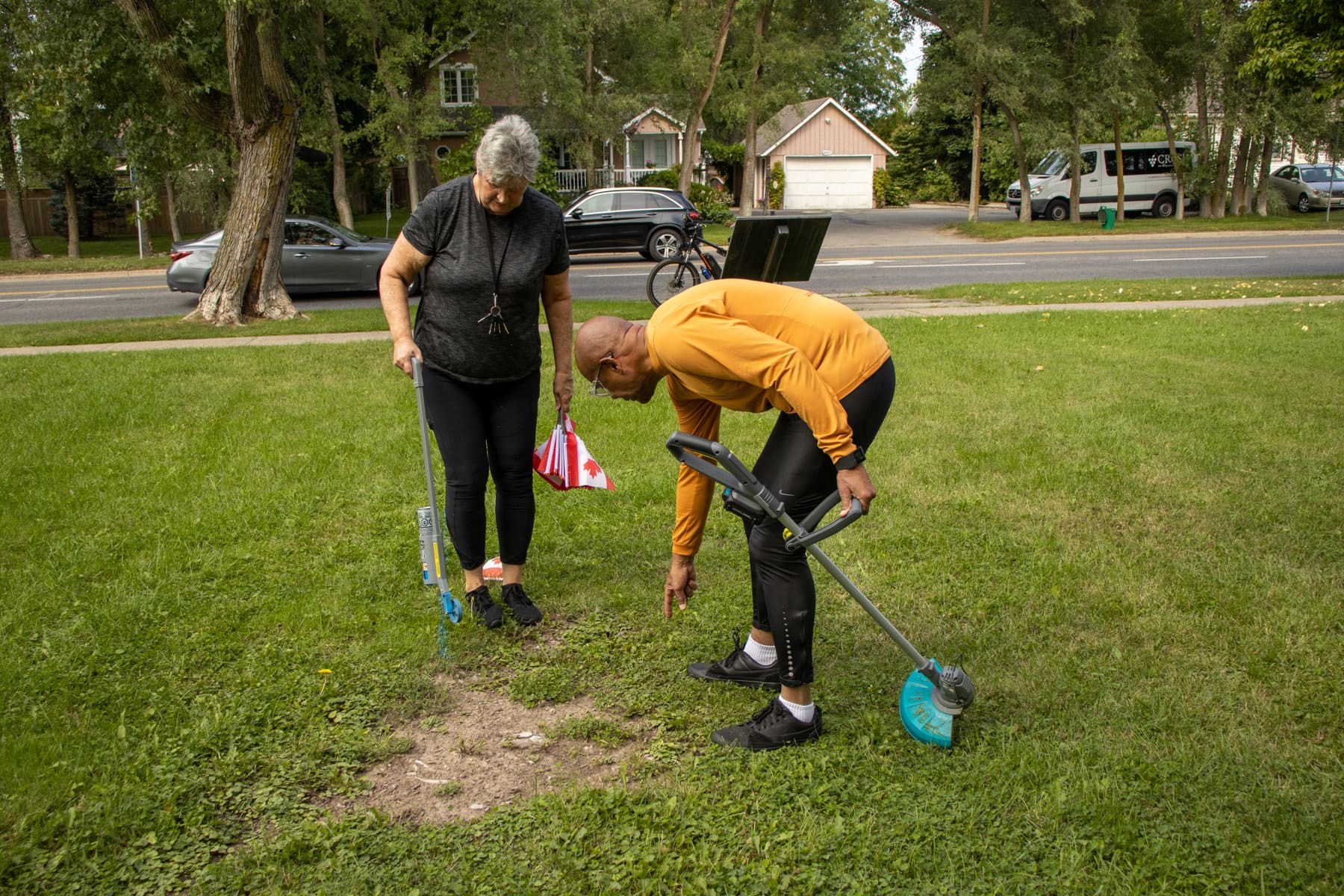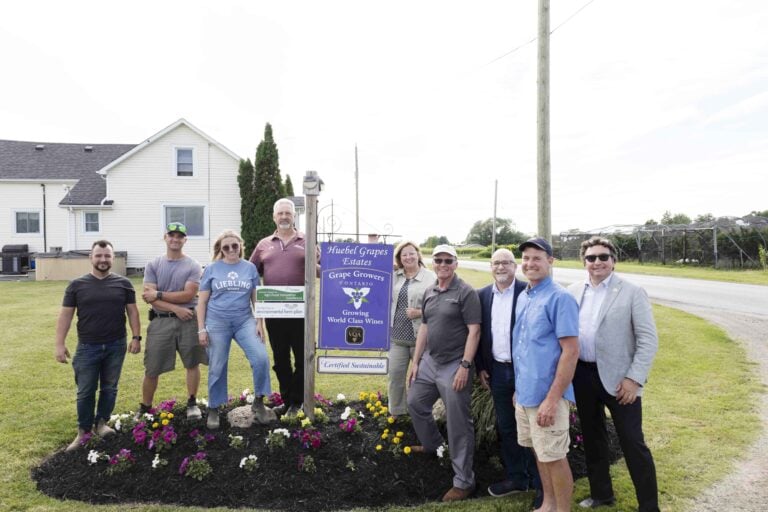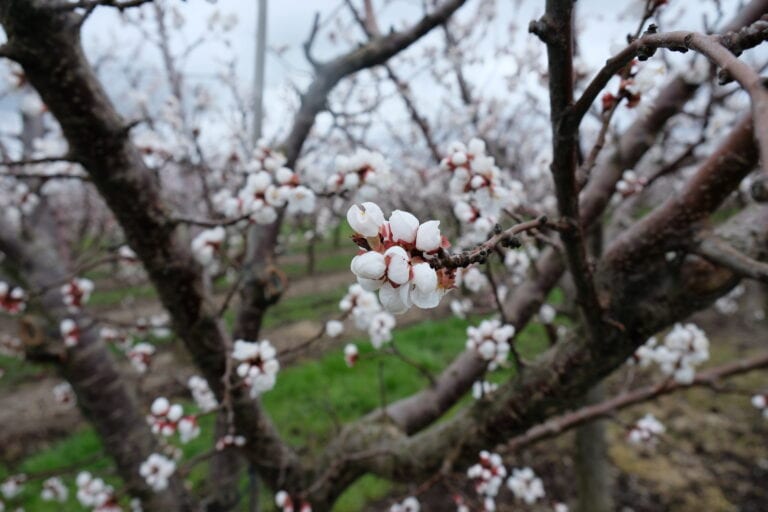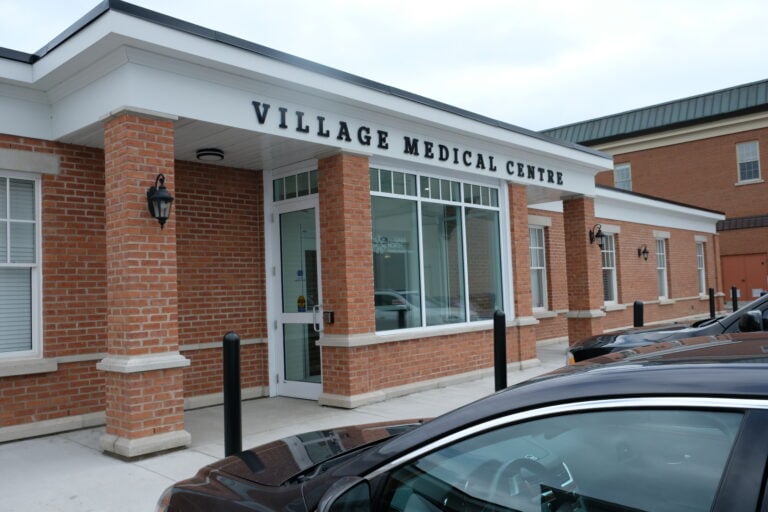A group that plans to restore the historic Niagara Baptist Church Burial Grounds now has a website up and running.
The website, Negroburialgroundnotl.org, will solicit donations to help make the project a reality.
The Town of Niagara-on-the-Lake will only allow the group to begin with stage one of the project once a minimum of $5,000 is raised.
“I’m going into it hopeful, very hopeful that the residents of Niagara-on-the-Lake feel that this is a worthwhile project,” said George Webber, one of the leaders of the fundraising committee.
Formally known as the Negro Burial Ground, the cemetery is a plot of land on Mississagua Street near Mary Street in Niagara-on-the-Lake.
Established in 1829 by John Oakley, the burial ground is an important part of NOTL’s historic past. Below the ground lie 28, or more, bodies of Canadian settlers.
The number of buried individuals was only discovered thanks to James and Marilyn Russell, who took interest in the burial grounds and began restoration efforts last year.
Webber, along with Niki Walker, is leading a fundraising effort through a new steering committee to raise the money needed to continue the restoration project.
The total cost of restoration is about $59,000, but right now the team is focused on raising $5,000, so they can begin stage one.
With the help of Archaeological Research Associates Ltd., stage one will focus on identifying who is buried.
So far, the committee has collected more than $2,100.
The group doesn’t plan to go to council for any money and hopes to raise all it needs through public appeals and sponsors.
In order for Webber’s fundraising plans to come to fruition, a lead sponsor is needed, he said.
The committee has a meeting with the Niagara-on-the-Lake Rotary Club on Oct. 4 in hopes of getting the club’s support. Then on Oct. 5, members meet with the Chamber of Commerce.
One of Webber’s goals is to make the burial ground more visible.
He’d love to see tour buses stopping at the grounds so visitors can learn about its history.
He sees it as an opportunity for tourists to not only learn about the site, but ask more questions about Black history in NOTL.
It may lead them to become interested in the history of the Underground Railroad or other historical Black sites in NOTL.
“We want people to become better educated in terms of our history,” Webber said.
“My wife keeps reminding me, she says, ‘George it doesn’t have to be Black history. It’s our history. This is the fabric of what made our town,’ ” he added.
Webber hopes the burial grounds will also become a sister site to the Voices of Freedom Park on Regent Street downtown.
“I think it creates some continuity and creates a sense of, they came to Niagara-on-the-Lake, they lived and worked and contributed (here),” said Webber.
He’d love to see elements from the Voices of Freedom Park, like the metal sculptures, on the burial grounds, too.
While Webber is leading the fundraising efforts, James Russell continues to dive head first into the research side of the project.
Recently he talked to Nancy Butler, author of the book “Slavery And Freedom in Niagara”. She came to Niagara in 1981 and told Russell that there were no other headstones then at the grounds besides the two there now.
“They were lost previous to that,” he said.
The burial ground was abandoned in 1878 and vandalized in the 1950s.
During his research, Russell also met a 95-year-old woman named Hope Bradley, who took him around Niagara-on-the-Lake and pointed out where a few Black people lived back in the day.
She pointed out a plot of land where Mary Duddy lived. Duddy was a Black woman who was a librarian at the NOTL Public Library from 1946 to 1967.
Bradley also noted Swinton Cottage at 309 Victoria St., where Winnifred Wesley once lived.
She was the granddaughter of George Wesley, who is interred in the burial ground and has the only gravestone that is still legible.
Webber hopes to hold fundraising events to help raise money for the restoration project. But for now, he’s hoping the community can help out in any way that they can.
Anyone interested in learning more about the project, or wishing to donate, can go to Negroburialgroundnotl.org or email negroburialgroundnotl@gmail.com.











